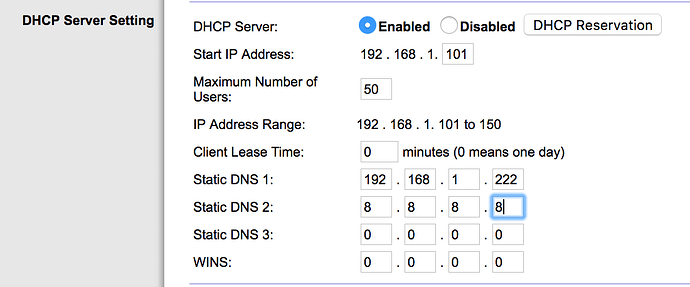Reduced Ad Blocking Capability
The main reason you should Pi-hole as your only DNS server is that you will see increased performance in the blocking of ads.
If you have two DNS servers (Pi-hole and something else), your network clients may not always query Pi-hole for name resolution. If a query happens to be answered from a non-Pi-hole DNS server, your block lists will not apply (since that DNS server doesn't know about them).
All Queries Need To Go Through Pi-hole First
Since other DNS servers (like Google's public ones) don't know about your block lists, they cannot block the advertisements. Pi-hole allows you to set upstream servers for legitimate queries, but if they don't pass through Pi-hole to begin with, the domains queried may not get blocked.
What About Redundancy?
If you have Pi-hole as your only DNS server and it fails, your network will stop working and you (technically) wouldn't be able to browse the Web. So many people set a secondary DNS server in a fashion similar to the screenshot below.
However, the problem with this--as stated earlier--is that your network devices may use either one of the servers to get their queries answered.
It's Not Much Of A Problem
Many existing home networks use their router as their DNS server--their only DNS server. So if your router fails, you'll also lose access to the Internet. So the difference between using just Pi-hole or just your router's DNS server is negligible.
Using A Secondary Pi-hole
If you were concerned about redundancy, you could always set up a secondary Pi-hole and use it as an upstream server for the first.

